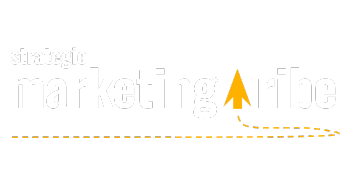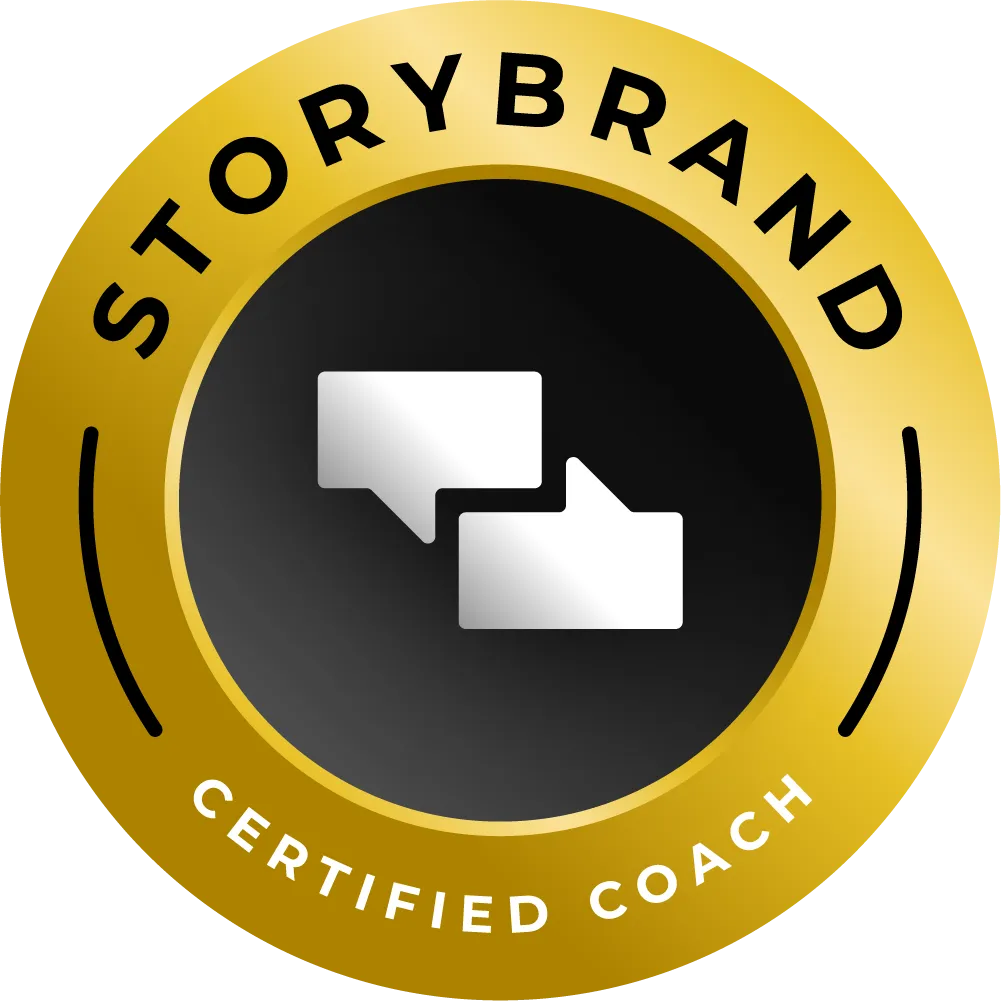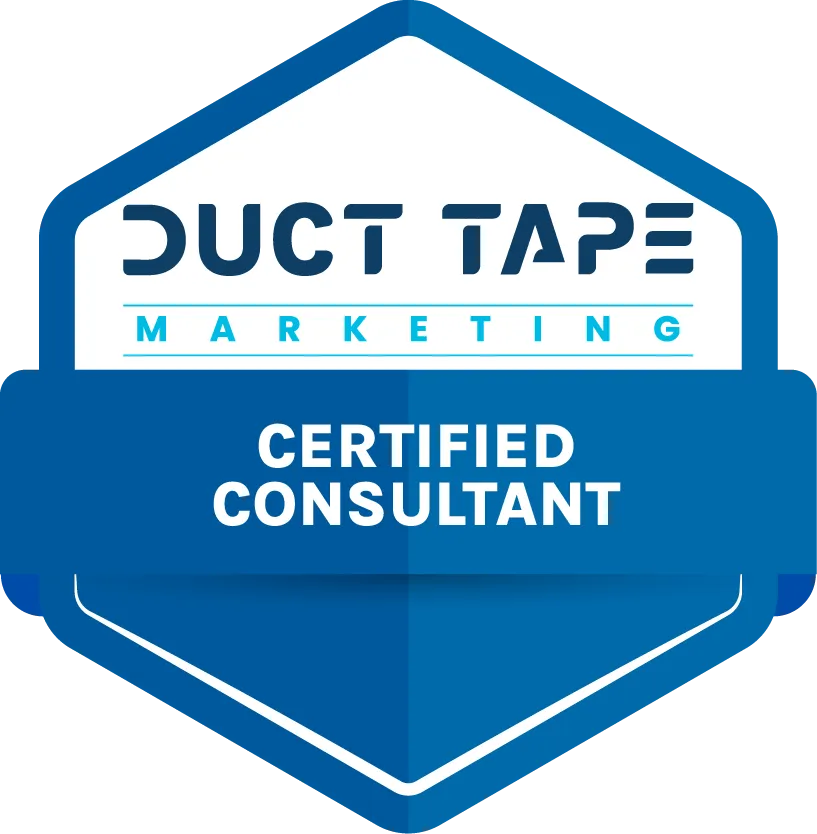NEWS, MEET STRATEGY
Real news, real insights – for small businesses who want to understand what’s happening and why it matters.

AI Cheating Prompts Return of In-Person Interviews
By Vicky Sidler | Published 6 September 2025 at 12:00 GMT
If you’ve ever thought “This candidate sounds too good to be true,” they probably were. Especially if the interview was on Zoom and their answers came straight from ChatGPT.
That’s the problem big companies like Google and McKinsey are facing. And their solution? Dust off the meeting room chairs and bring back in-person interviews. Because apparently, the best way to detect AI cheating is a handshake and eye contact.
According to The Wall Street Journal, companies are starting to realise their virtual hiring processes are turning into prompt engineering competitions. And they’re not impressed.
TL;DR
Google and McKinsey are reinstating in-person interviews to stop AI-assisted cheating
Candidates are using AI to answer technical questions during video calls
One face-to-face round is now required at both firms before a job offer
Paper resumes and fly-ins are making a comeback
Most candidates prefer in-person interviews anyway
Small businesses should pay attention: this changes hiring, trust, and brand signals
Need help getting your message right? Download the 5-Minute Marketing Fix
Table of Contents
AI Cheating Prompts Return of In-Person Interviews
Why Big Companies Are Reverting to Human Contact:
The Bigger Trend—Old-School Is Back:
AI Is Breaking More Than Just Interviews:
How I’m Going Old School, Too:
Why This Matters for Small Businesses:
1. In-Person Builds Faster Trust:
2. Guardrails for Virtual Interviews:
4. AI Affects Your Brand Voice Too:
Why Real Interviews Still Work:
Clear Messages Cut Through AI Noise:
YouTube Shorts AI Tools: What Small Businesses Should Know
Marketing Automation's Transparency Gap Is Costing You Sales
Gen Z Social Search Shift: How Brands Must Adapt
Mastering StoryBrand Marketing: Your Guide for 2025
AI, Cybersecurity & Social Media Now Drive Small Business Growth
FAQs About AI Cheating and the Return to In-Person Interviews
Why are companies going back to in-person interviews?
Who is bringing back face-to-face interviews?
What kind of AI cheating are employers seeing?
How is AI affecting small business hiring?
Is this shift only happening in recruitment?
Do people actually prefer in-person interviews?
What’s a simple way to make my hiring process more authentic?
Why Big Companies Are Reverting to Human Contact:
Interviews are meant to test your thinking, not your browsing speed. But hiring managers are catching on—candidates pause, then read answers like they’re narrating a tutorial.
McKinsey added an in-person round over a year ago. Google followed. On The Lex Fridman Podcast, CEO Sundar Pichai said face-to-face interviews help verify if people really understand the fundamentals.
This isn’t nostalgia. It’s risk management.
The Bigger Trend—Old-School Is Back:
Digital trust is fraying. Paper resumes are back. Some companies are even flying candidates in just to see how they respond in a live setting.
Why? Because the job market is tight and competition is fierce. Quiet layoffs and “job hugging” mean employers want more confidence before they make a hire. And AI makes it harder to trust what you see on screen.
This shift may start with tech giants, but it won’t stay there.
AI Is Breaking More Than Just Interviews:
Hiring is not the only process being rehumanised. Here’s what else is getting rolled back:
Customer service: After promising to replace staff with AI, Klarna rehired humans because bots were upsetting people.
Education: Schools ditched video proctoring and brought back handwritten exams.
Healthcare: Some hospitals stopped using AI to generate medical notes due to accuracy concerns.
Retail: Amazon moved away from “Just Walk Out” technology. It was glitchy, and customers hated it.
Finance: Banks now run manual checks alongside AI systems to reduce compliance risk.
The pattern is clear: human-in-the-loop is back in fashion.
How I’m Going Old School, Too:
I’ll give you a simple example from my own life. My boyfriend and I started watching DVDs again.
Actual, physical DVDs. From a DVD player. That we had to plug in. Turns out, those bad boys actually still work.
He already had a decent collection, and half the movies aren’t even on the streaming platforms we pay for. Second-hand DVDs are so cheap it feels like we’re doing something illegal, but it’s perfectly above board.
And here’s what’s strange—it feels better. No autoplay. No algorithm pushing you toward “one more episode.” You watch one thing, it ends, and then you go to bed like a person with boundaries.
He watches more Netflix than I do and was getting serious algorithm fatigue. I didn’t realise it at the time, but choosing a DVD feels like reclaiming your attention span. You’re not being nudged by “you might also like...” You just watch what you planned to watch. That’s it.
Sometimes the low-tech option isn’t just good enough—it’s actually better.
Why This Matters for Small Businesses:
You don’t need to hire hundreds of staff for this to affect you. If you run interviews, review CVs, or market your brand, here’s what to keep in mind.
1. In-Person Builds Faster Trust:
Meeting someone in person tells you things a webcam won’t. Body language. Eye contact. Confidence. You can’t fake those easily.
2. Guardrails for Virtual Interviews:
Still remote? Add timed exercises, follow-up questions that require thinking, or screen-sharing so you’re seeing what they’re doing, not just what they’re saying.
3. Paper Resumes Stand Out:
In a pile of AI-polished CVs, an old-school resume—hand-delivered—can show effort, originality, and actual handwriting. Yes, really.
4. AI Affects Your Brand Voice Too:
If candidates are using AI to fake answers, they’re also using it to write emails, sales pages, and job ads. If your message sounds like it came from the same tool, you’ve got a trust problem too.
Why Real Interviews Still Work:
Most people prefer them. A 2023 study from the American Staffing Association found 70 percent of adults in the US would rather interview in person than over video.
It’s not just about formality. In-person gives people a better shot at showing who they are—without a second device feeding them responses.
If you’re hiring soon, try offering both options. Then compare who shines when the chatbot isn’t whispering answers in their ear.
Three Simple Fixes:
Step 1: Add a human moment:
Even if you do most of the hiring online, include a call, live test, or short in-person meet. It doesn’t need to be long—just enough to see someone think in real time.
Step 2: Revisit your message:
Your hiring page, job ad, and interview questions should reflect your company culture. If they sound generic, candidates will treat you like a template too.
Step 3: Build trust early:
Behind-the-scenes content. Staff introductions. Office walk-throughs. All of these show what your business is like—and help filter for people who fit before they apply.
Clear Messages Cut Through AI Noise:
AI is everywhere. But when everyone’s using it to sound smarter, the real edge is sounding human. That’s what builds trust.
If your brand message is clear, confident, and real, it will outlast the trends and outshine the noise. That’s what the 5-Minute Marketing Fix helps you do.
Because even the best prompt can’t replace a real conversation.
Related Posts
YouTube Shorts AI Tools: What Small Businesses Should Know
If AI is making hiring feel robotic, it’s also creeping into your content. This piece shows how AI video tools can make your brand sound inauthentic—and how to fix it.
Marketing Automation's Transparency Gap Is Costing You Sales
Just like AI in hiring, AI in marketing can leave you in the dark. This article dives into how automation without oversight can quietly drain trust and conversions.
Gen Z Social Search Shift: How Brands Must Adapt
If your future customers crave realness over polish, this is your wake-up call. Learn why Gen Z is choosing authenticity over algorithms—and how your business should respond.
Mastering StoryBrand Marketing: Your Guide for 2025
You can’t fake clarity. This guide shows how to build trust and connect with people using simple, human messaging that cuts through the AI noise.
AI, Cybersecurity & Social Media Now Drive Small Business Growth
Want the full picture? This trend report breaks down how AI is reshaping hiring, marketing, and customer engagement—and what small businesses need to do to stay ahead.
FAQs About AI Cheating and the Return to In-Person Interviews
Why are companies going back to in-person interviews?
Because AI is making virtual interviews unreliable. Candidates are using tools like ChatGPT to answer questions in real time, especially during technical interviews. In-person settings make it harder to cheat and easier to assess real skills.
Who is bringing back face-to-face interviews?
Google, McKinsey, Amazon, Anthropic, Cisco, and Deloitte are among the major companies reinstating in-person interview rounds. Some even require candidates to sign agreements not to use AI tools.
What kind of AI cheating are employers seeing?
Candidates are using AI-generated answers during live interviews, faking resumes with AI, and in some cases using deepfake technology or hiring proxies to sit interviews on their behalf.
How is AI affecting small business hiring?
Smaller companies may not face deepfake-level fraud, but they’re still dealing with overly polished, AI-generated applications and rehearsed video answers. Adding a human layer—like a phone call or in-person meeting—helps cut through that.
Is this shift only happening in recruitment?
No. Education, customer service, finance, retail, and healthcare are all seeing a return to manual or hybrid systems. Many businesses are finding that AI introduces complexity and compliance problems that outweigh its benefits.
Do people actually prefer in-person interviews?
Yes. A 2023 American Staffing Association study found 70% of US adults would rather do in-person interviews than virtual or phone-based ones. People want real connection, not a performance.
What’s a simple way to make my hiring process more authentic?
Start small. Add one in-person round or a case-based question that can’t be Googled. Or require a short writing task done live. Anything that gives you a clearer view of the person—not just their prompts.
How do I keep my brand from sounding AI-generated?
Use your own voice. If you use AI to draft content, edit it until it sounds like you. Better yet, start with a clear message written by a human.The 5-Minute Marketing Fix helps you write one powerful sentence that connects with people—no robot required.
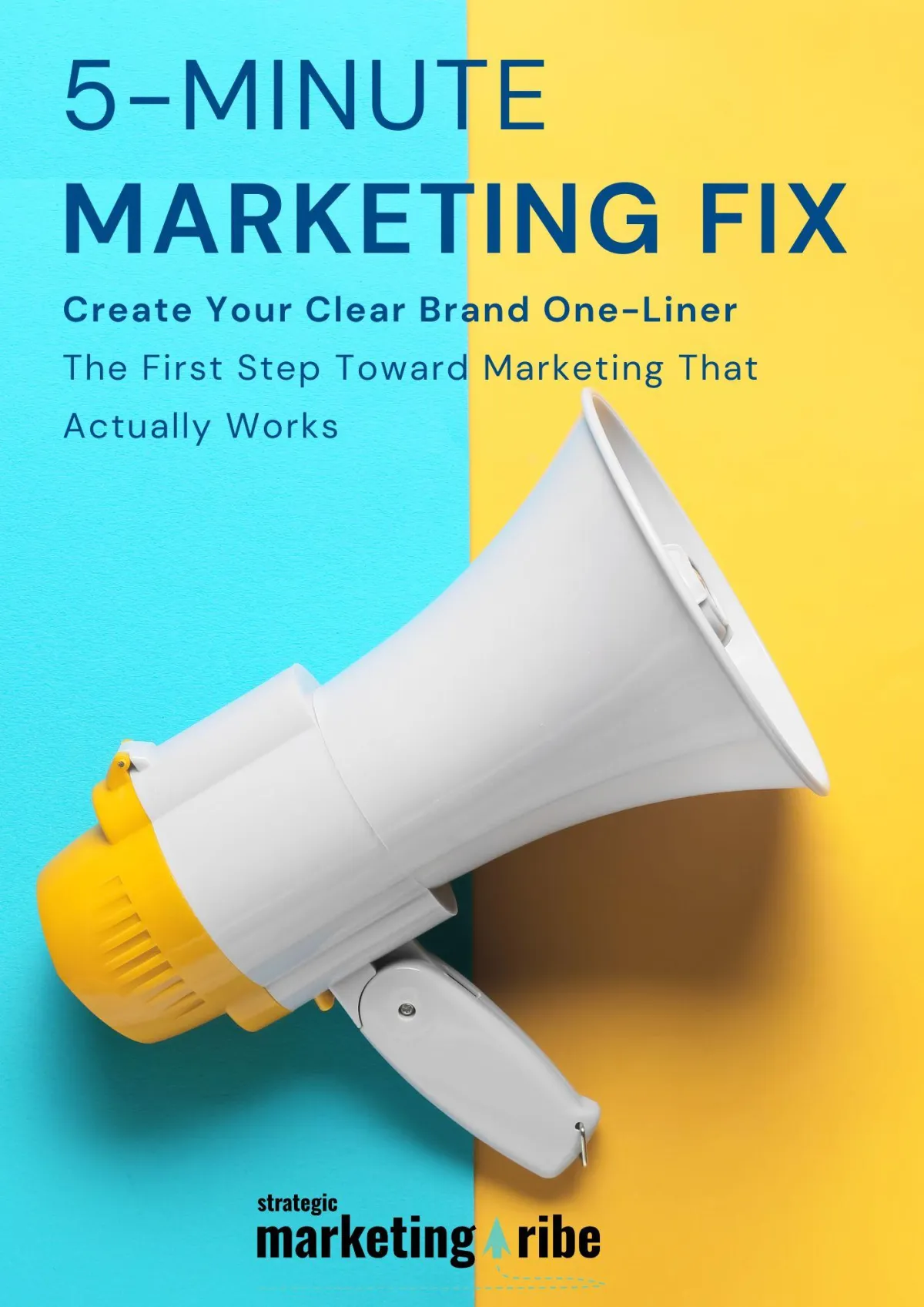
Created with clarity (and coffee)

